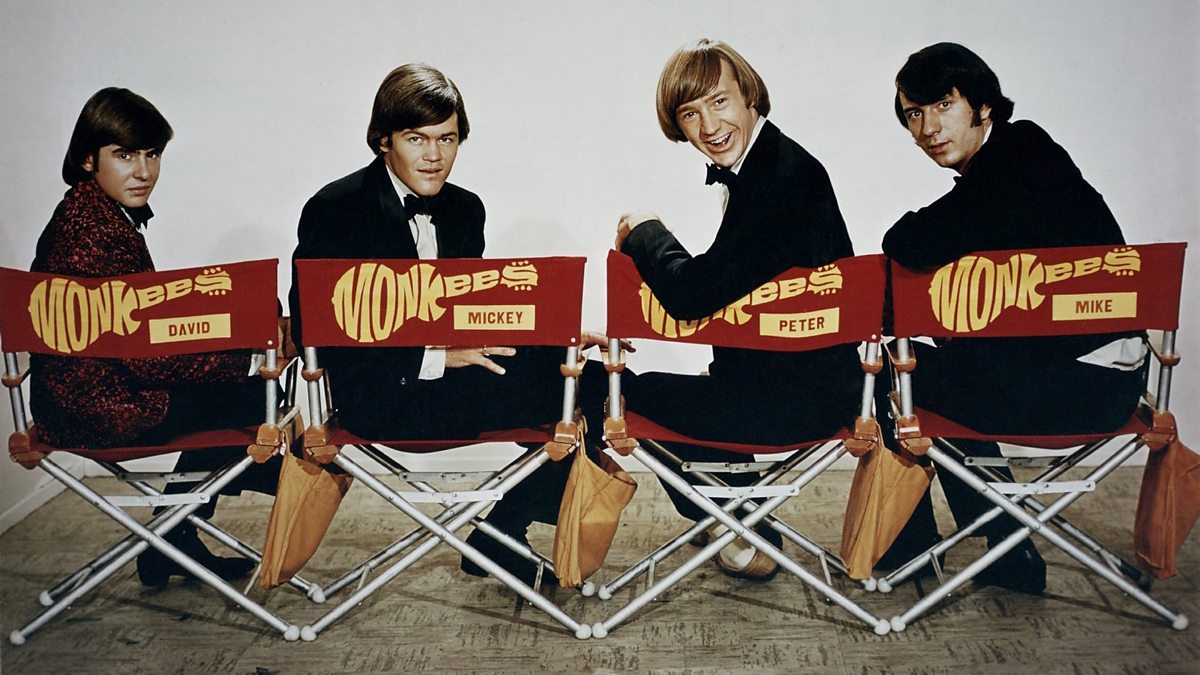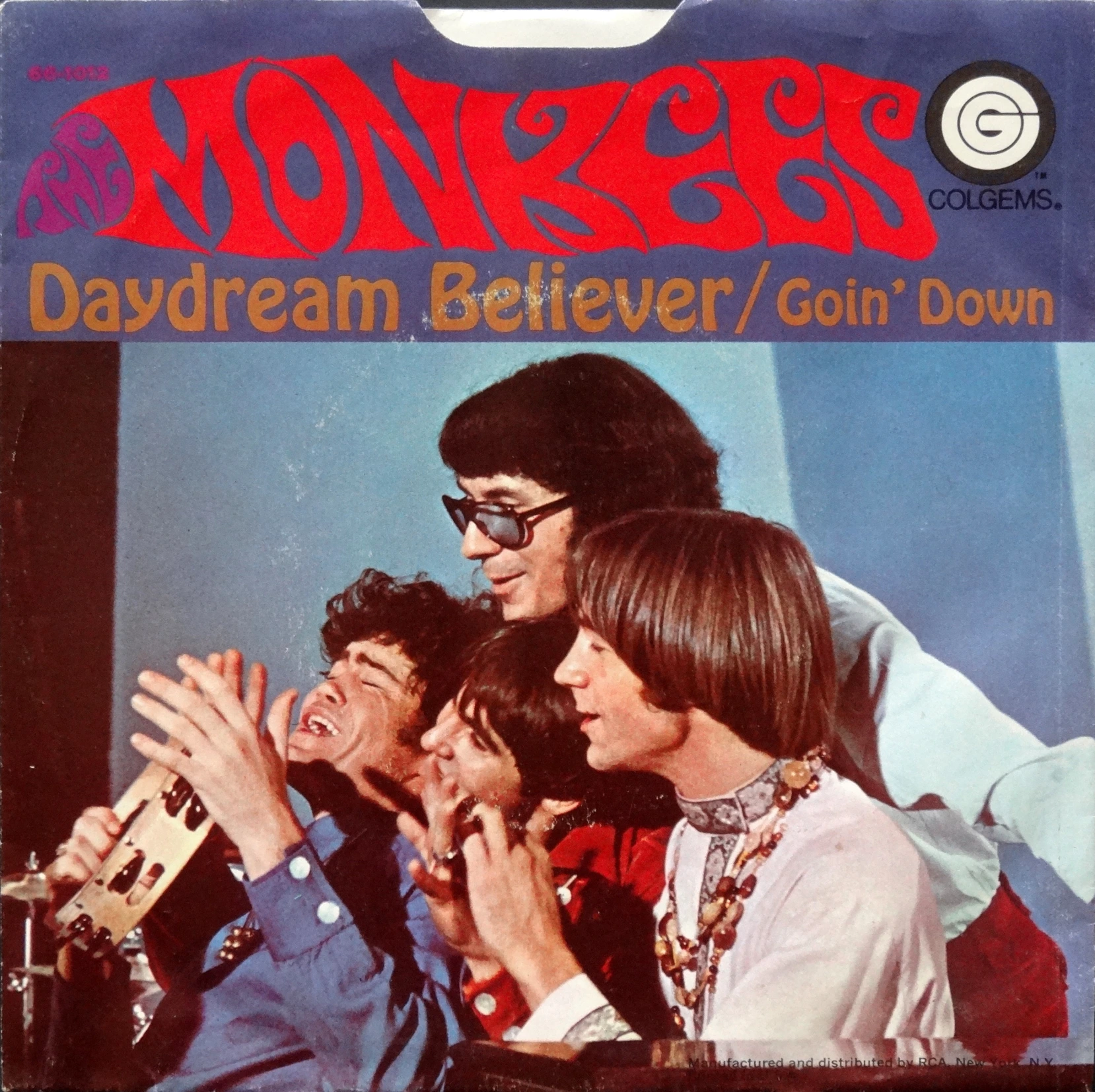
A Nostalgic Critique of Suburban Bliss and Discontent
“Pleasant Valley Sunday” by The Monkees is a vivid reflection on the seemingly idyllic yet subtly disillusioned life in suburban America during the 1960s. Released as a single in 1967, this track quickly climbed the charts, securing a spot in the top 10 of the Billboard Hot 100. Written by the legendary songwriting duo Gerry Goffin and Carole King, this song resonates with listeners who have experienced the dichotomy of suburban life—the balance between comfort and confinement.
The song finds its roots deeply entrenched in the personal experiences of Goffin and King, who were themselves residents of the suburbs. Their ability to channel their observations and sentiments into music is nothing short of extraordinary. The song’s inspiration was drawn from their own experiences living in West Orange, New Jersey, which is reflected in the sharp lyrics that paint a picture of conformity and mundane routine masked by the veneer of happiness.
From its opening chords, “Pleasant Valley Sunday” captures the listener’s attention with its upbeat melody juxtaposed against lyrics that critique the monotony of suburban existence. The song begins with an almost cheerful acknowledgment of “rows of houses that are all the same,” immediately evoking a sense of both familiarity and discontent. This paradox is central to the song’s theme, illustrating how appearances can be deceiving.
For many older listeners, this song may evoke powerful memories of their own youth—times spent on similar streets lined with neatly trimmed lawns and white picket fences. It serves as both a reminder and a critique of those days gone by, when societal norms often dictated personal choices. There’s a wistful nostalgia in remembering these times, even if they were fraught with their own unique challenges.
The instrumentation plays a crucial role in conveying this message. The jangly guitar riffs and harmonious vocals are quintessentially ’60s pop, embodying a sense of optimism that contrasts with the underlying dissatisfaction expressed in the lyrics. The Monkees’ performance adds another layer of complexity, as they were often seen as a manufactured band created for television fame but managed to transcend these origins to produce music with genuine depth and meaning.
As listeners reflect on “Pleasant Valley Sunday”, they may find themselves pondering their own lives—the choices they’ve made, the paths they’ve taken, and whether they’ve succumbed to similar patterns of complacency or sought to break free from them. The beauty of this song lies in its ability to spark introspection while remaining an enjoyable piece of musical history.
In essence, “Pleasant Valley Sunday” is more than just a song; it’s a snapshot of an era, encapsulating both the allure and pitfalls of suburban life. It remains timeless because it speaks to universal themes—aspirations for authenticity amidst societal pressures—resonating with anyone who has ever questioned whether they are truly living or merely existing. For those who lived through its original release or discovered it later, it continues to inspire reflection on what it means to seek genuine happiness beyond mere appearances.
